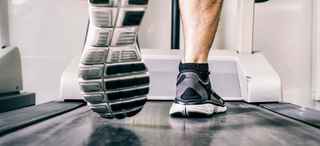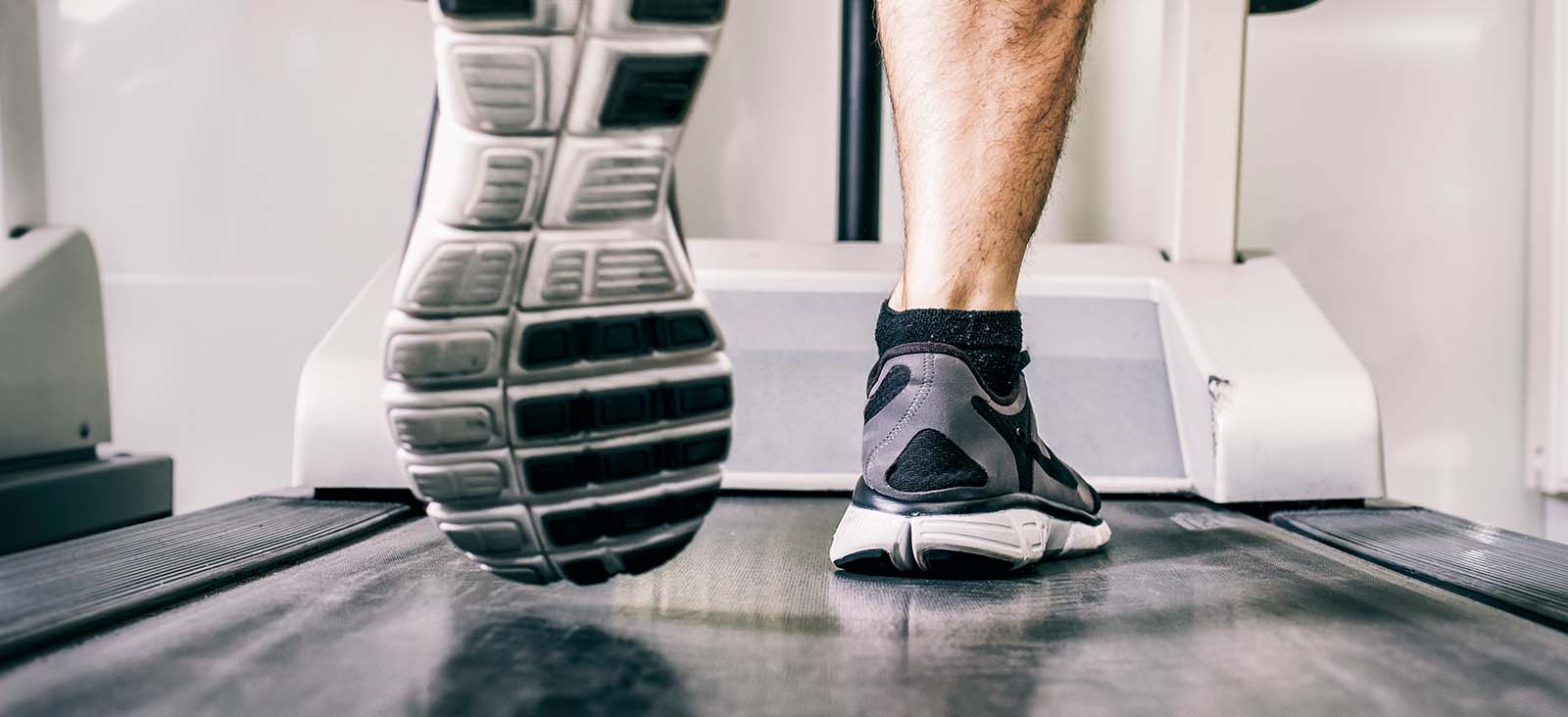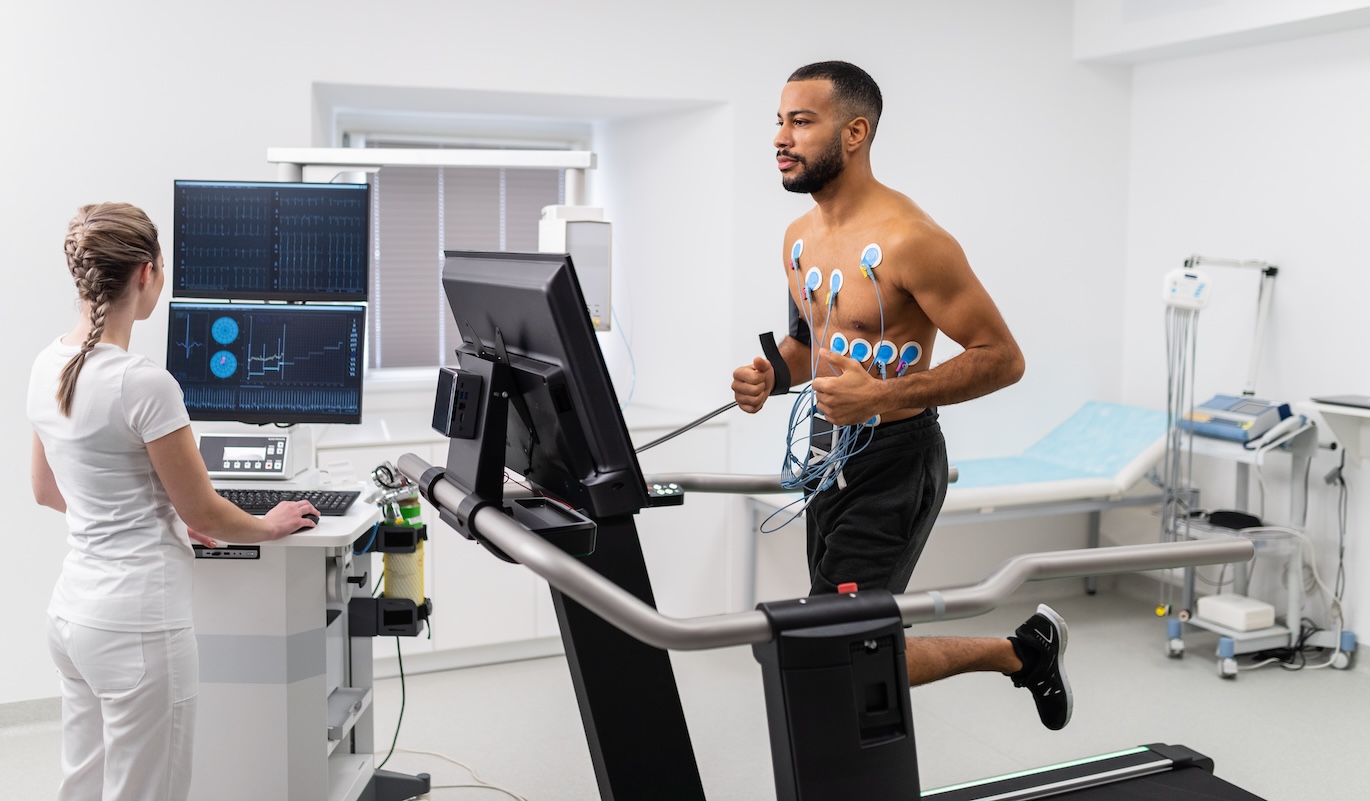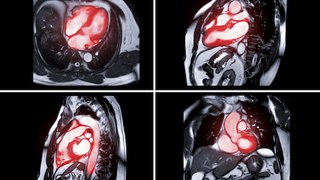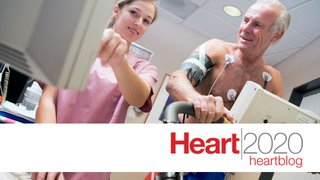Combining attentive, compassionate care with our extensive clinical and research resources, UT Southwestern's cardiology experts and vascular specialists deliver individualized care within pre-eminent health care facilities.
Cardiac Testing
New Patient Appointment or 214-645-8000
MedBlog
Results: 5 Locations
Cardiology
at UT Southwestern Medical Center at Park Cities 8611 Hillcrest Road, 2nd FloorDallas, Texas 75225 214-692-3135 Directions to Cardiology at UT Southwestern Medical Center at Park Cities, Dallas Parking Info for Cardiology
Cardiology
at UT Southwestern Medical Center at RedBird 3450 W. Camp Wisdom RoadDallas, Texas 75237 (214) 214-5810 Directions to Cardiology at UT Southwestern Medical Center at RedBird, Dallas Parking Info for Cardiology
Cardiology
at UT Southwestern Monty and Tex Moncrief Medical Center at Fort Worth 600 South Main Street, 2nd Floor, Suite 2.200Fort Worth, Texas 76104 817-882-2670 Directions to Cardiology at UT Southwestern Monty and Tex Moncrief Medical Center at Fort Worth, Fort Worth Parking Info for Cardiology
Cardiology
at UT Southwestern Medical Center at Coppell 2999 Olympus Blvd., 3rd FloorCoppell, Texas 75019 469-647-4445 Directions to Cardiology at UT Southwestern Medical Center at Coppell, Coppell Parking Info for Cardiology
Clinical Heart and Vascular Center
at West Campus Building 3 2001 Inwood Road, 5th FloorDallas, Texas 75390 214-645-8000 Directions to Clinical Heart and Vascular Center at West Campus Building 3, Dallas Parking Info for Clinical Heart and Vascular Center
